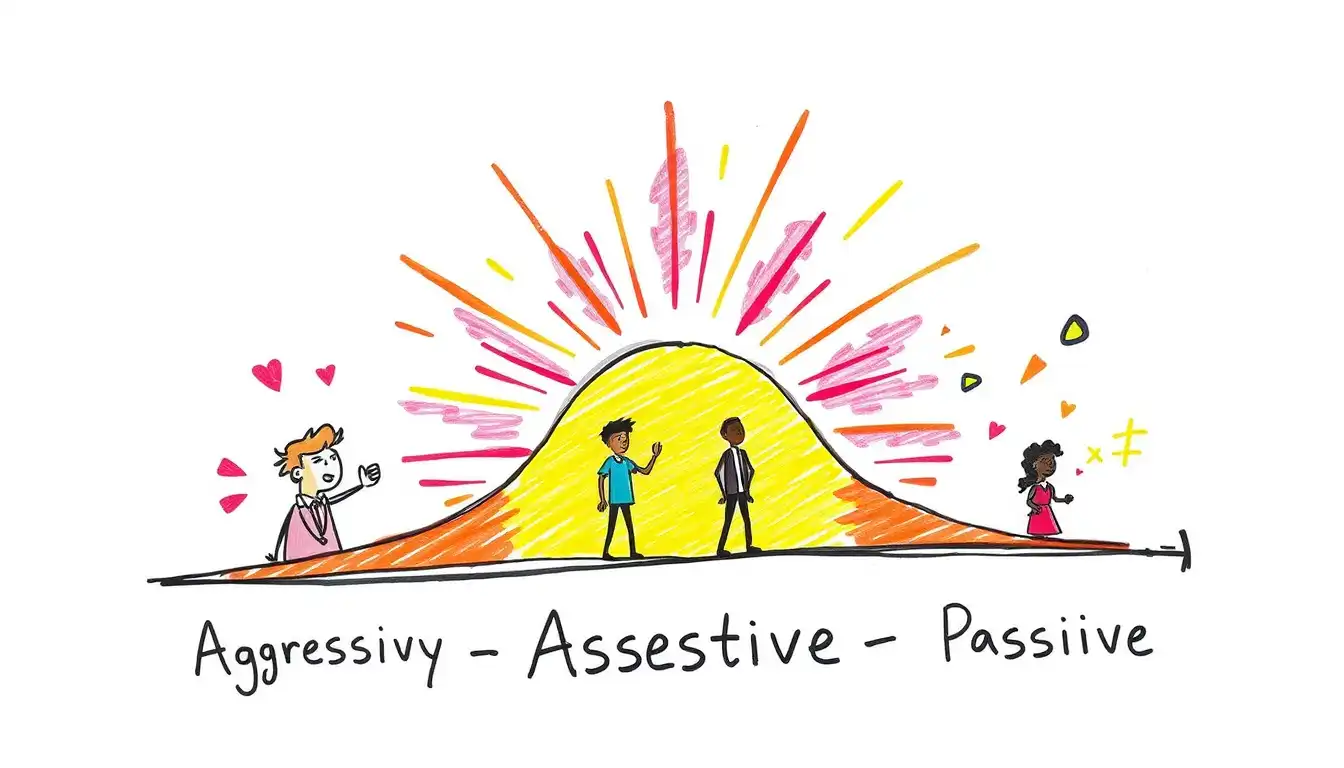Understanding the Importance of Negotiation and Conflict Resolution
Negotiation and conflict resolution are essential skills in both personal and professional settings. Effective negotiation can help individuals and organizations achieve their goals, build strong relationships, and resolve conflicts in a peaceful and mutually beneficial manner. On the other hand, poor negotiation skills can lead to misunderstandings, conflicts, and damaged relationships. In this article, we will explore the importance of negotiation and conflict resolution, the key principles and strategies involved, and provide tips and best practices for effective negotiation and conflict resolution.
Negotiation and conflict resolution are critical in various aspects of life, including business, personal relationships, and community development. In the business world, negotiation is a crucial skill for entrepreneurs, managers, and sales professionals. It helps them to close deals, resolve disputes, and build strong relationships with clients, suppliers, and partners. In personal relationships, negotiation and conflict resolution can help individuals to communicate effectively, resolve conflicts, and strengthen their relationships.
Key Principles of Effective Negotiation
Effective negotiation involves several key principles, including:
Separating the People from the Problem
Separating the people from the problem is a crucial principle of effective negotiation. This involves focusing on the issue at hand, rather than making personal attacks or taking things personally. By separating the people from the problem, negotiators can create a conducive environment for constructive dialogue and collaboration.
Focusing on Interests, Not Positions
Focusing on interests, not positions, is another key principle of effective negotiation. This involves understanding the underlying needs, desires, and concerns of the parties involved, rather than just their stated positions. By focusing on interests, negotiators can identify creative solutions that satisfy the needs of all parties.
Using Objective Criteria
Using objective criteria is a powerful tool in negotiation. This involves using independent standards, such as market data, expert opinions, or industry benchmarks, to support one’s arguments and negotiate a fair deal.
Maintaining a Relationship
Maintaining a relationship is a critical aspect of negotiation. This involves building trust, communicating effectively, and showing empathy and understanding towards the other party. By maintaining a relationship, negotiators can create a positive and collaborative atmosphere, which can help to resolve conflicts and achieve mutually beneficial outcomes.
Strategies for Effective Conflict Resolution
Conflict resolution involves several strategies, including:
Active Listening
Active listening is a critical strategy for effective conflict resolution. This involves paying attention to the other party, understanding their perspective, and acknowledging their concerns. By active listening, individuals can create a conducive environment for constructive dialogue and collaboration.
Remaining Calm and Composed
Remaining calm and composed is essential in conflict resolution. This involves managing one’s emotions, avoiding aggressive behavior, and staying focused on the issue at hand. By remaining calm and composed, individuals can think clearly, communicate effectively, and resolve conflicts in a peaceful and mutually beneficial manner.
Focusing on the Future
Focusing on the future is a key strategy for effective conflict resolution. This involves looking forward, rather than dwelling on past grievances or conflicts. By focusing on the future, individuals can identify opportunities for growth, collaboration, and mutual benefit.
Seeking Common Ground
Seeking common ground is a critical strategy for effective conflict resolution. This involves identifying areas of agreement, building on shared interests, and finding creative solutions that satisfy the needs of all parties. By seeking common ground, individuals can resolve conflicts in a peaceful and mutually beneficial manner.
Tips and Best Practices for Effective Negotiation and Conflict Resolution
Here are some tips and best practices for effective negotiation and conflict resolution:
-
Prepare thoroughly before entering into a negotiation or conflict resolution process.
-
Stay calm, composed, and focused on the issue at hand.
-
Use active listening to understand the other party’s perspective and concerns.
-
Focus on interests, not positions, and seek creative solutions that satisfy the needs of all parties.
-
Maintain a relationship and build trust with the other party.
-
Use objective criteria to support one’s arguments and negotiate a fair deal.
-
Seek common ground and identify areas of agreement.
-
Focus on the future and look for opportunities for growth, collaboration, and mutual benefit.
FAQ
What is the difference between negotiation and conflict resolution?
Negotiation involves finding a mutually beneficial agreement between two or more parties, while conflict resolution involves resolving a dispute or conflict between two or more parties.
What are the key principles of effective negotiation?
The key principles of effective negotiation include separating the people from the problem, focusing on interests, not positions, using objective criteria, and maintaining a relationship.
What are the strategies for effective conflict resolution?
The strategies for effective conflict resolution include active listening, remaining calm and composed, focusing on the future, and seeking common ground.
How can I improve my negotiation and conflict resolution skills?
You can improve your negotiation and conflict resolution skills by practicing active listening, staying calm and composed, focusing on interests, not positions, and seeking common ground. You can also take courses, attend workshops, and read books on negotiation and conflict resolution to improve your skills.
What are the benefits of effective negotiation and conflict resolution?
The benefits of effective negotiation and conflict resolution include building strong relationships, achieving mutually beneficial outcomes, resolving conflicts in a peaceful manner, and improving communication and collaboration.
Conclusion
Negotiation and conflict resolution are essential skills in both personal and professional settings. By understanding the key principles and strategies involved, individuals can improve their negotiation and conflict resolution skills, build strong relationships, and achieve mutually beneficial outcomes. Remember to prepare thoroughly, stay calm and composed, focus on interests, not positions, and seek common ground to resolve conflicts in a peaceful and mutually beneficial manner.







Leave a Reply